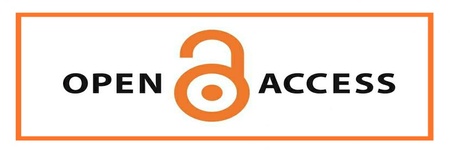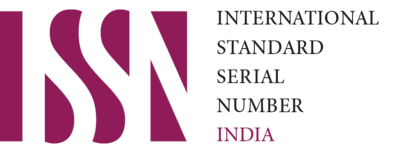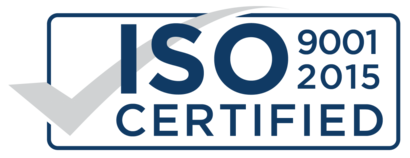CRITICAL PEDAGOGY: AN INNOVATIVE IDEA
Keywords:
Critical pedagogy, Classroom , TeachingAbstract
Paulo Freire (1921–1997) first introduced critical pedagogy: the belief that teaching should challenge learners to examine power structures and patterns of inequality within the status quo.
Freire emphasized how important it is to remember what it is to be human and saw education as a way to transform oppressive structures. His perspective stemmed from the values of love, care, and solidarity.
Critical pedagogy is a teaching approach which attempts to help students question and challenge domination, and the beliefs and practices that dominate. In other words, it is a theory and practice of helping students achieve critical consciousness.
According to the philosophy of critical pedagogy, teaching is a political act; specifically, teaching should be an act for change that sustains social justice and democracy as its major goals. Educators who support critical pedagogy understand that education is not without biases; on the contrary, government officials, publishers, curriculum writers, administration, and teachers select the content that they wish to share based on their political ideologies and worldviews. Accordingly, critical educators support inclusive practices that encourage students to identify and question the political systems that shape their learning experiences.
Downloads
Downloads
Published
How to Cite
Issue
Section
License
Copyright (c) 2023 Tapas Goswami

This work is licensed under a Creative Commons Attribution-NonCommercial 4.0 International License.








